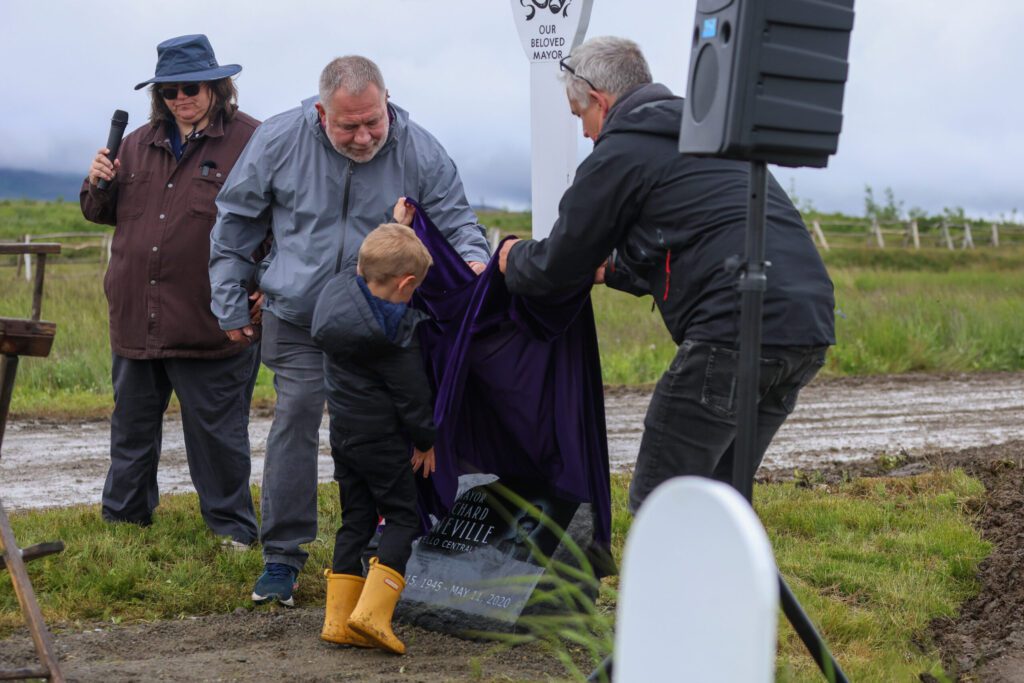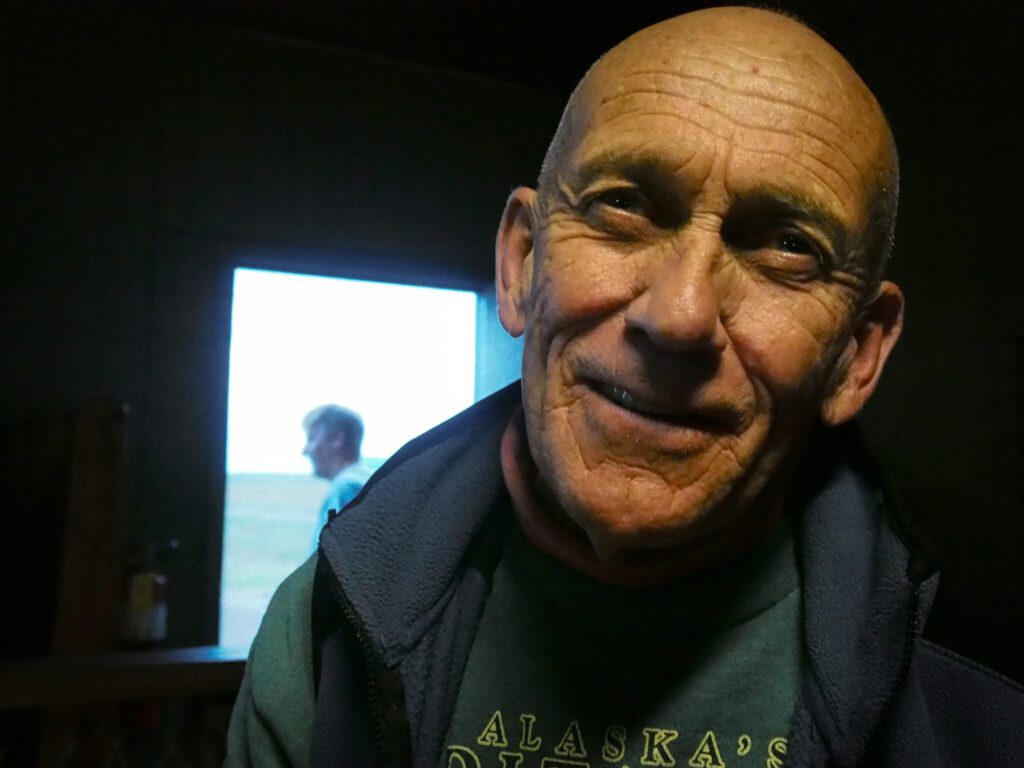A highly-anticipated study looking into a deep-draft Arctic port for Alaska is being shelved for at least a year by the U.S. Army Corps of Engineers—due to what the Corps calls the changing economic picture of the Arctic.
Those changes all ripple out from Royal Dutch Shell and the company’s decision in September but put its Arctic oil ambitions on indefinite hold.
The Corps of Engineers announced Monday a 12-month pause in the feasibility study for a deep draft Arctic port in Alaska. That study put an expansion of Nome’s existing facility as the leading candidate for investment—with a projected price tag around $210 million.
Now, in the wake of what Shell calls “disappointing” results for its oil search in the Chukchi Sea this summer, the Anglo-Dutch oil giant has suspended its Arctic operations “for the foreseeable future.” New lease sales (and the extension of existing ones, including Shell’s) in the Arctic Ocean were recently canceled due to what federal officials called a lack of interest, further dampening oil and gas prospects for the Arctic.
The Army Corps said Shell’s decision shifts the economics of Alaska’s Arctic and “brings into question” the core assumptions its Arctic port study was based on.
Bruce Sexauer, the chief of civil works for the Alaska Army Corps, said the port would certainly service local and regional needs, but the economic underpinnings of Nome’s port expansion hinged on oil and gas; specifically, on fleets of vessels saving up to 1600 miles for every round trip in support of ongoing oil and gas operations in the Chukchi Sea.
With Shell pulling out, that’s no longer the case.
“With oil and gas, the number of vessels and the amount of miles that are saved are larger than the amount of miles saved for some of the other users of the port,” he said Monday. “So 80 percent of the benefits were attributable to oil and gas.”
Those assumptions include a savings of 1,600 miles per round trip for oil and gas support vessels operating in the Chukchi. Now with Shell the Army Corps said those savings may evaporate, putting the federal backing of the project into question.
Nome Mayor Richard Beneville said oil and gas is “part of the pie” but insisted there’s much more to a deep draft Arctic port. He says putting the project on hold isn’t the end.
“What is important is that this whole project must be kept in the forefront, if you will, both with the governor and with our Congressional delegation,” Beneville said.
“The Corps, that’s just one entity. There are other entities involved,” he continued. “There are other issues involved. It’s not just about petroleum and Shell. It’s about traffic through the Bering Strait. It’s about the protection of the United States of America. It’s about a lot of things other than oil.”
Other entities could include everything for private to corporate partners, he noted.
The Army Corps’ current plan would dredge Nome’s port from 22 feet deep to a depth of 28 feet. That would be deep enough for larger vessels but still a far cry from the 35-foot depth required for crucial ships like the Coast Guard icebreaker Healy. Nome’s Port Commission has pushed for the greater depth but Sexaur said only the 28 foot depth has been considered “economically viable.”
The overall cost for the Nome expansion was projected in February to be north of $210 million. About $98 million of that would be federally funded, leaving the City of Nome on the hook for as much as $113 million.
The Corps notes projects that aren’t economically supportable are “typically” terminated, but Sexaur said the nature of this project is different.
“With the dynamic nature of the oil and gas industry, and the strong interest in enhanced Arctic infrastructure, there could be a variety of criteria that could come into play that could bring the study off of pause,” he said.
The Army Corps is monitoring Arctic activities over the next year to see if there are worthwhile developments—specifically in oil and gas—that could make the project economically justified. Sexhaur said they’ll re-assess no later than 12 months down the road.







